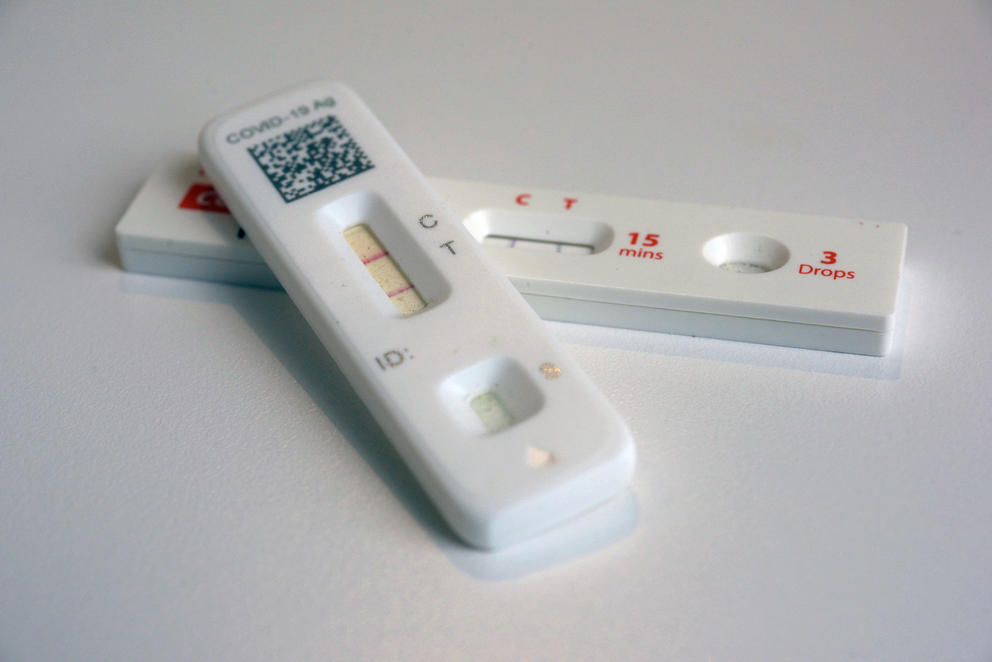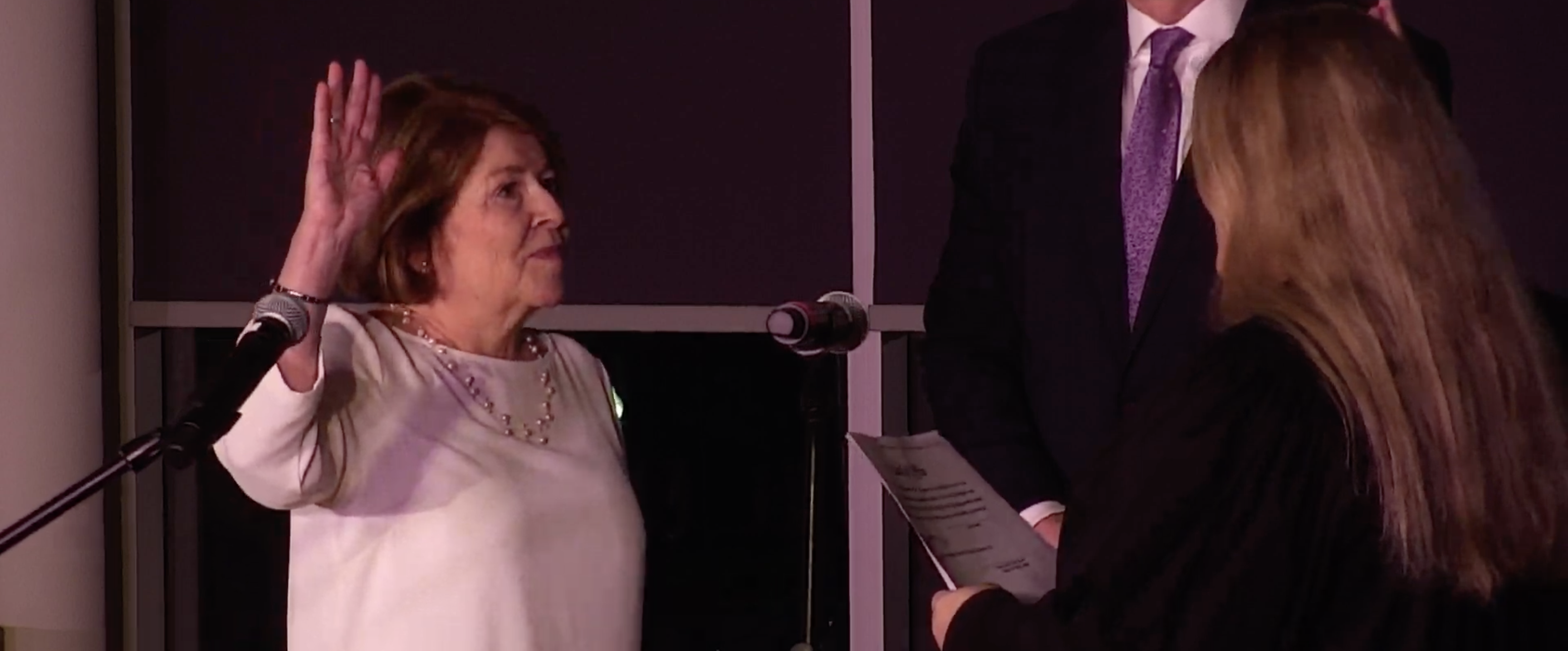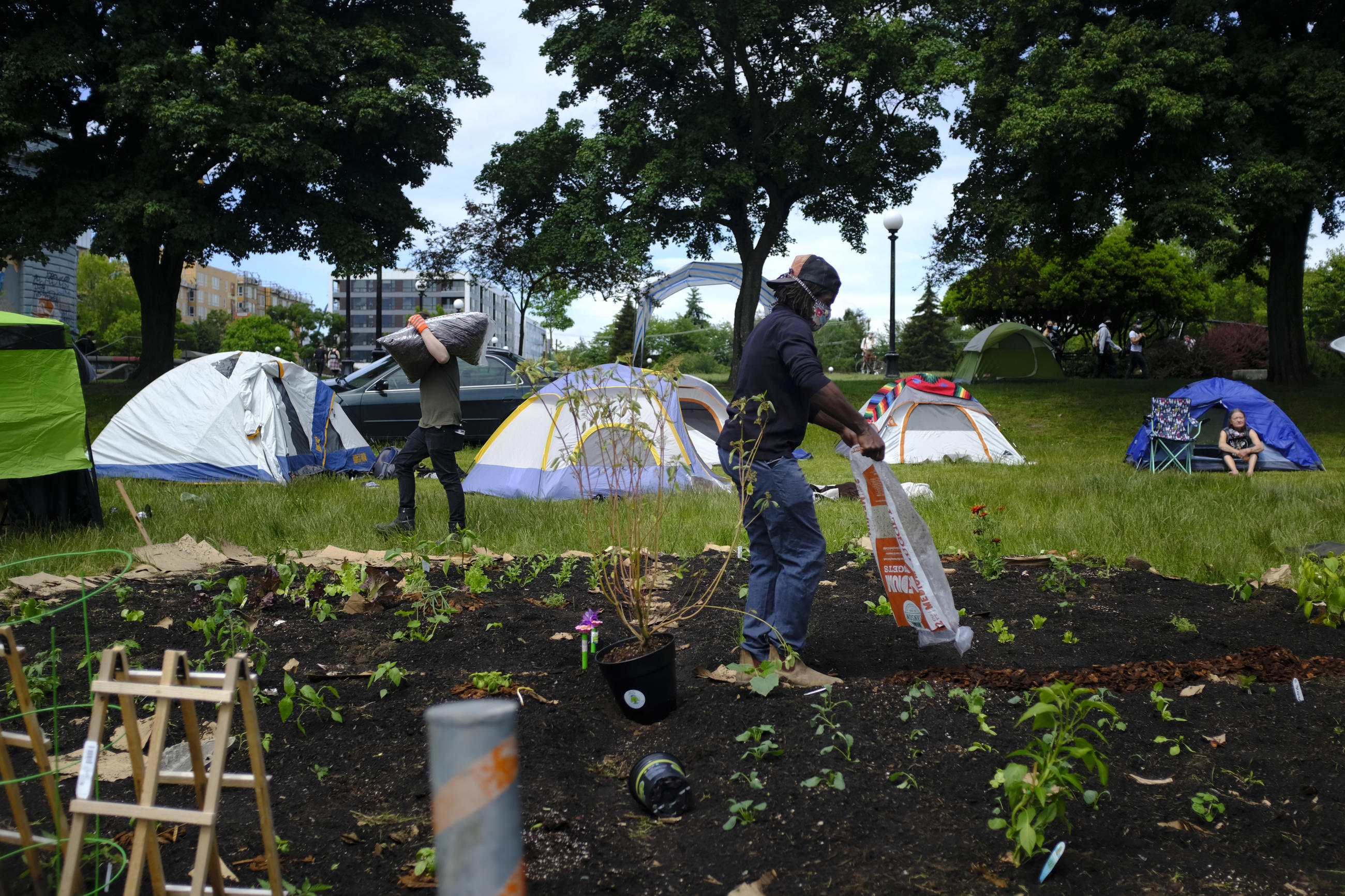Free home COVID tests are back – and here’s how to order them

COVID-19 antigen home tests indicating a positive result, as photographed in New York, April 5, 2023. (AP Photo/Patrick Sison, File)
The federal government is restarting its free COVID-19 home test distribution program, as federal and local health officials get ready for “respiratory virus season.”
Starting Sept. 25, each household will be able to order four tests from the reopened COVIDTests.gov, which also has information on how to check for extended expiration dates on test kits that people might already have at home.
The restarting of the federal testing program comes as Washington, along with the rest of the United States, sees a slight increase in people testing positive for COVID-19 in the past few months – though at much lower levels than in the previous two fall seasons.
It also comes just after FDA approval of the latest COVID-19 vaccines from Pfizer-BioNTech and Moderna, which are expected to reach clinics and pharmacies in Washington over the next few weeks.
Washington health officials last week encouraged residents to get updated vaccines, and said that they expect that getting a shot for COVID-19 will be an annual habit similar to the influenza vaccine.
Health officials also encouraged frequent hand-washing and to consider wearing masks to help stem the spread of viral infections during the “respiratory virus season” – the fall and winter months when COVID, influenza (also known as flu) and respiratory syncytial virus (RSV) are at risk of increased spread.
The Washington State Department of Health has also launched a Respiratory Illness Data Dashboard, so people can keep track of those three viral infections.









